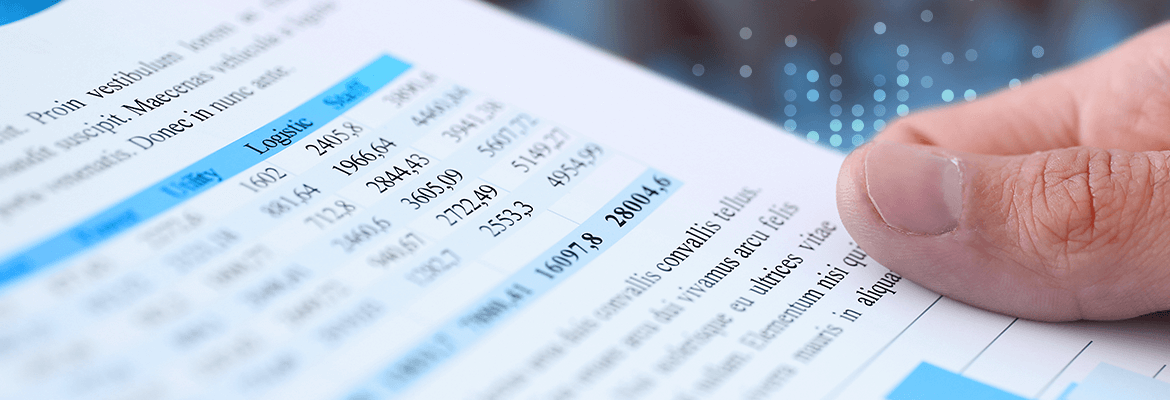Why Rolling Forecasts Have Gained Popularity

In the world of financial planning, rolling forecasts have gained popularity. Some businesses have even abandoned the traditional budget process in favor of rolling forecasts. Why is that the case?
Traditionally, most businesses have managed their financial planning through budgets, i.e., a structured outline of expected (financial) income and expenditure during a set period of time, for example, one year ahead. In most cases, the budget also serves as a plan of action for the business period forward. While this is a well-established way of managing the financial planning of a business, many companies are looking to replace—or in some cases, complement—their traditional budgeting processes with rolling forecasts.
A rolling forecast is an ongoing income and expenditure forecasting process that requires regular review and subsequent additions and adjustments. For example, an initial forecast is set for a period of four quarters of a year. As Q1 in year 1 is over, a review is done of the remaining forecasts by looking at the results in the first quarter. Thereafter, another quarter (Q1 in year 2) is added to the forecast. This is a continuous process, and the forecast is adjusted to reflect the actual business outcome. This can be argued to give a more realistic view of the future and a chance for the business to adopt subsequent actions.
The Benefits of Rolling Forecasts
Many companies choose to opt for or add rolling forecasts to their business planning process due to one or more of the following reasons:
- It gives a more realistic and up-to-date view of how the business is affected by internal and external factors.
- It can make the organization more agile and flexible.
- It allows the organization to be one step ahead and step out of the (sometimes) short-termed budget mindset.
- It can serve as efficient resource planning for businesses with short business cycles or businesses with a lot of uncertainty.
- Thanks to the greater flexibility in numbers and estimates, rolling forecasts can allow for less detailed work compared to budgets, which can save time.
These are just some of the potential benefits of adopting rolling forecasts in an organization. The list could go on.
The Future of Rolling Forecasts
Looking at the benefits of rolling forecasts, it might seem obvious why businesses would choose this method of managing their business. But will the traditional budgets eventually be entirely abandoned? Probably not. Rolling forecasts and budgets do not exclude one another. A business can choose to focus more on one of the methods.
However, a well-managed company often needs both a good budgeting process and a more flexible forecasting method. The budget often serves as a useful road map in setting targets and determining subsequent actions. The rolling forecast can be a good indicator of where the business is steering and how the planned activities might affect the outcome.
Are you interested in how Bizview can help your company work with rolling forecasts? Get a free demo and explore the possibilities of creating rolling forecasts in Bizview.